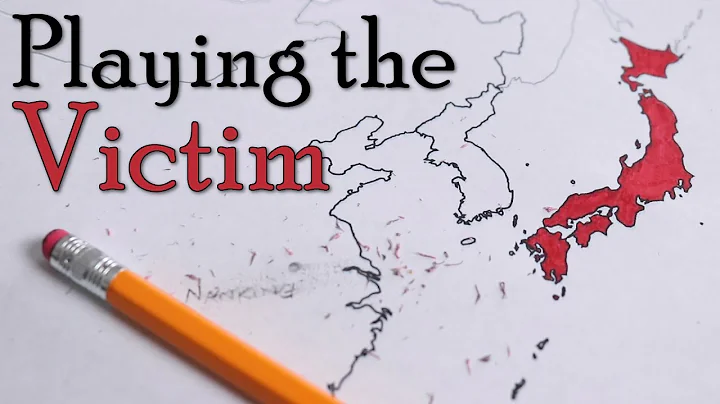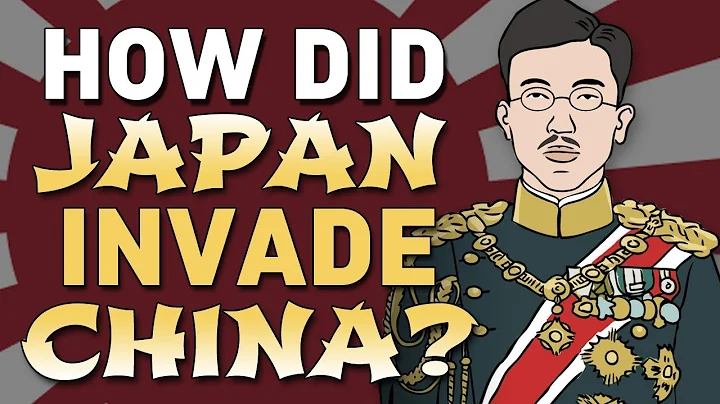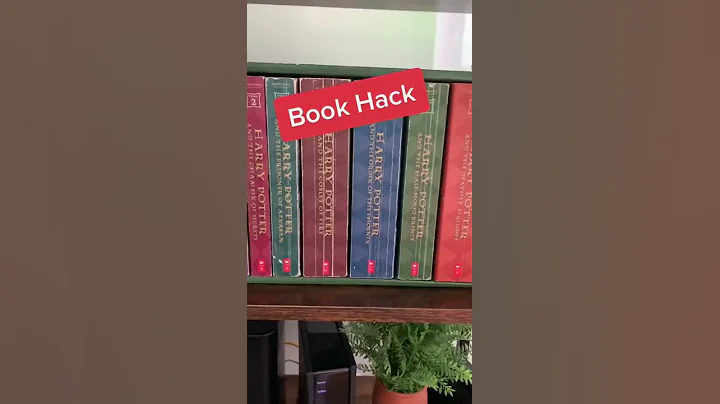After the founding of New China, it began to implement unified management of former war criminals. A large part of them were war criminals from the puppet Manchukuo left over from the Anti-Japanese War period. At this time, many war criminals from Manchukuo were still imprisoned in the Soviet Union, so Mao Zedong personally ordered that these war criminals imprisoned in the Soviet Union be transferred to China. This allowed one of the special war criminals to return to China, he was Puyi .
Puyi had been the emperor of the Puppet Manchukuo for more than ten years. Now he came to the land of New China and became a war criminal. Fortunately, after many years of transformation, he was pardoned and became the first batch of pardoners. After being pardoned, Puyi started to travel to the south of the Yangtze River, but he kept crying all the way. So why did Puyi keep crying all the way?

1. After being pardoned, he began to go to Jiangnan.
After returning to China from the war criminals management center in the Soviet Union, Puyi still needed the help of many colleagues as he did when he was imprisoned in the Soviet Union. This made him still need help until he was over forty years old. He was unable to take care of himself, which was also a sequelae of his more than ten years as emperor of the puppet Manchukuo.
With such serious sequelae, Puyi still went his own way after returning to the war criminals management center in China, and even refused to accept reform. Fortunately, with the hard work of the staff of the War Criminals Management Office, Puyi finally returned to normal little by little, finally completed the transformation work, and was pardoned among the first batch of amnesty for war criminals.
After Puyi was pardoned, he started his new life. With the help of many parties, Puyi found a job in Beijing and began a normal life. When the opportunity was right, he began his journey to the south of the Yangtze River.

Originally Puyi was just on a simple trip this time, but because of Puyi’s special status, it was later called his trip to Jiangnan. At that time, Puyi was accompanied by a pardoned war criminal. He was Du Yuming, a warrior under Chiang Kai-shek.
Compared with Puyi, Du Yuming did not have much ideological baggage during this journey. After all, Du Yuming was just a soldier. Now that he has completed the ideological transformation, he has completely become a citizen of New China, so Du Yuming spoke freely during this journey, and even made fun of Puyi from time to time.
So this journey to the south of the Yangtze River became a special journey for Du Yuming, the former reactionary general and the emperor of the old era. When they returned to Nanjing, Puyi became very excited. , which surprised Du Yuming. Why did Puyi have such big mood swings?

2. Reflection on myself
As for why there was such a big mood swing during this trip to Nanjing, Puyi has actually given the answer in his works. He came to the Nanjing Presidential Palace all the way to Sun Yat-sen Mausoleum . During this process, Puyi became more and more excited and even burst into tears. In fact, this was also a reflection on his past.
When Mr. Sun completed the Revolution of 1911 , he promised to give the Qing Dynasty royal family preferential treatment. However, Puyi gradually made crooked ideas as he grew up, and frequently met with foreign ministers, which made him a famous person for a time. Stable factor, it was not until Feng Yuxiang later drove him out of the Forbidden City that his ridiculous behavior ended.
Seeing the Presidential Palace in Nanjing , Puyi felt even more mixed emotions. He remembers that when he first saw the Presidential Palace in Nanjing, it was through a photo that Chiang Kai-shek personally sent to him.

At that time, the Nationalist government took great pains to prevent him from getting closer to the Japanese reactionary forces, but this could not stop Puyi in the end. In the end, Puyi got on the Japanese train and came all the way to Manchuria, where he also became the emperor of Manchukuo. Puyi, who became the emperor of the puppet Manchukuo, became a complete puppet under the control of the Japanese authorities. In this way, he was lucky enough to see the second photo of the Nanjing Presidential Palace, which was taken during the occupation of Nanjing after the Japanese invaded China.After the Japanese reporter took this photo, he sent it to the puppet Manchukuo. Puyi was lucky enough to see the Nanjing Presidential Palace after the war.
The Nanjing Presidential Palace at that time was naturally dilapidated because it had just gone through the war, but Puyi still personally encouraged the Japanese troops at that time, which could be said to be completely on the opposite side of China's war of resistance. Because of this experience, Puyi was naturally under great psychological pressure when he visited Nanjing this time, so he couldn't help but burst into tears.
After all, he never imagined that a person like himself, who was completely on the opposite side of China's war of resistance, could still be accepted by New China after being transformed, so Puyi was also deeply moved by this. Finally, after this journey to the south of the Yangtze River, Puyi also mentioned this experience in his works. It is precisely because of this period of history that he can see his past and the present more correctly. Therefore, this journey also became a key point that Puyi later mentioned in his works.

3. Conclusion:
During the journey to Jiangnan after the amnesty, Puyi had a deeper understanding of his past, which made him cry when he recalled the past. He once stood on the opposite side of China's Anti-Japanese War and now he But he was accepted again, which made him appreciate the new era and at the same time gain a more objective and comprehensive understanding of his past.





















